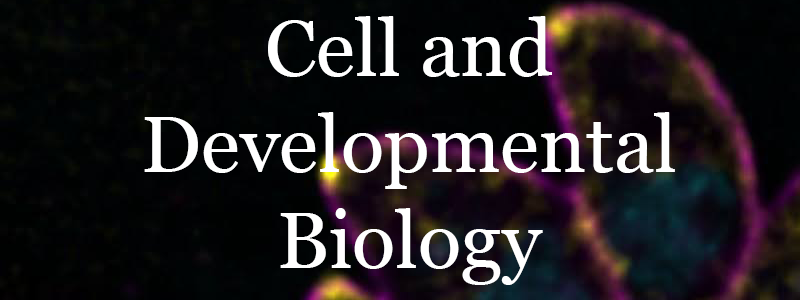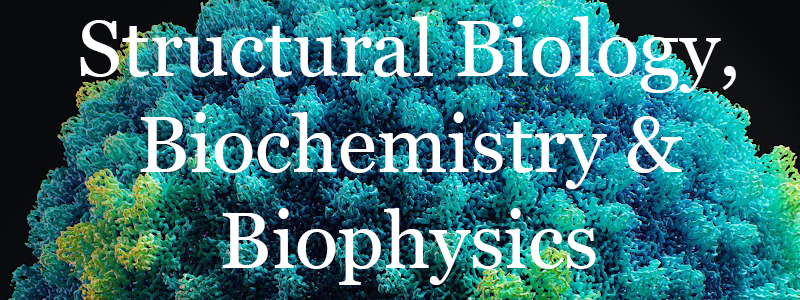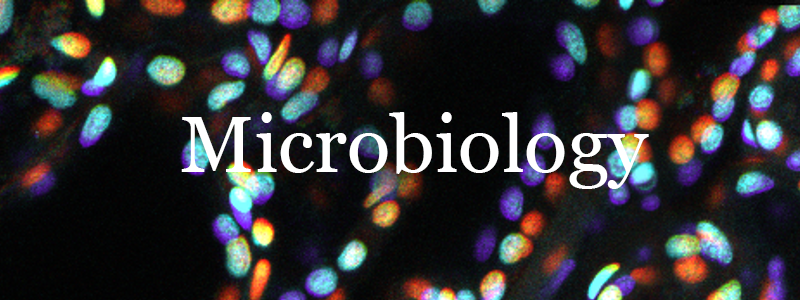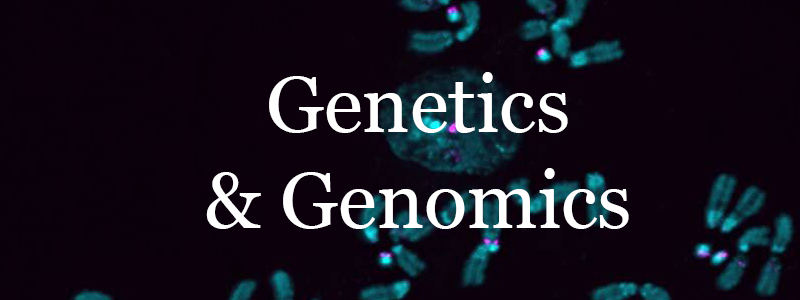Founded in 1986, the Department of Molecular and Cell Biology has a broad and interdisciplinary research program and offers courses at the cutting edge of a wide range of molecular biosciences.
The Department has graduate and undergraduate programs in four major areas of concentration: Cell and Development Biology; Genetics & Genomics; Microbiology; and Structural Biology, Biochemistry and Biophysics and houses two undergraduate majors (MCB and Structural Biology and Biophysics), four PhD-granting programs, and three Professional Master's Programs.
MCB currently has 2 University Scholars, offers 16,726 2000+ Level Credit Hours with 92 Honor students working in Labs. MCB offers 1274 Graduate level credit hours.
Mission Statement
MISSION: The mission of MCB is to understand fundamental biological processes at the molecular and cellular level across all domains of life. We accomplish this through research, classroom teaching, and laboratory training directed at promoting the intellectual curiosity and critical thinking of individuals at all career levels including undergraduate and graduate students, post-doctoral fellows, research staff members, and faculty.
We recognize and celebrate the interdisciplinary research critical for doing modern science. Research in MCB is highly interdisciplinary, spanning four major disciplines: Cell & Developmental Biology, Genetics & Genomics, Microbiology, and Structural Biology, Biochemistry & Biophysics. These areas are integrated in MCB through common research interests, training and collaboration. MCB graduate students can earn a PhD or MS degree in “Molecular and Cell Biology”. Graduate student training takes place as a collaboration between the student, advisor and thesis committee.
Vision Statement
VISION: MCB is a learning community that supports and welcomes all individuals irrespective of race, gender, sexual orientation, ability, and religion. We strongly believe that education is a transformative experience for our trainees, and that their advances benefit the communities of our department, UConn, the nation, and the world. By facilitating a collaborative environment and providing access to state-of-the-art research facilities, MCB enables students, postdocs, research staff, and faculty to excel in their research and make revolutionary discoveries. MCB fosters the development of scholarship, capacities for leadership, and career paths of all in our community, and provides exemplary undergraduate and graduate programs that meet the highest standards of our profession. Our approach pairs an emphasis on the fundamentals of molecular and cellular biology with significant engagement in the practice of our disciplines. MCB’s objective is for our trainees to leave the university with deep knowledge of the fundamentals of our fields, as highly effective communicators, and exceptionally competent scientists.
By the Numbers
4
CONCENTRATIONS
43
FACULTY
142
GRADUATE STUDENTS
746
UNDERGRADUATE MAJORS
29
RESEARCH LABS
$7.2M
FY '23 RESEARCH EXPENDITURES



